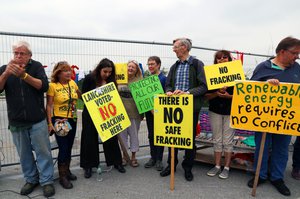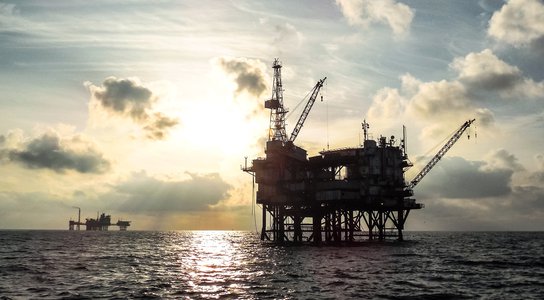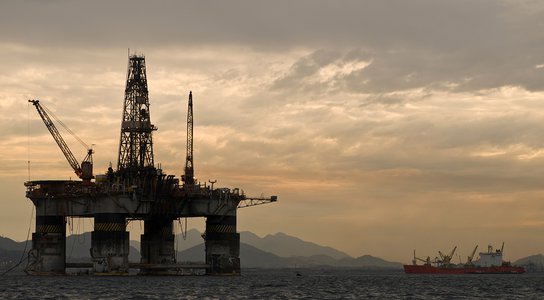As UK voters take to the polls, with a growing concern for the climate amongst voters, political parties have been keen to talk up their green credentials. Yet a new report, published today, by a coalition of NGOs, including Global Witness, shows that the UK is in the top 10 of countries planning to expand oil and gas production.
The UK plans to expand extraction by an additional 14.3 billion barrels of oil and gas – more than 2.5 times the current 5.7 billion barrels from fields currently in operation.
This policy flies in the face of what climate change scientists are telling us is necessary if we are to combat climate change. Greta Thunberg has called the UK’s plans “beyond absurd”.
Opening the UN Climate Change Conference (COP25) in Madrid on Monday, UN Secretary-General António Guterres set out the scale and potential impact of the climate emergency He called for “more fossil fuels to remain where they should be - in the ground…”
The UN’s Intergovernmental Panel on Climate Change has made clear the need to limit warming to 1.5°C by the end of this century. This implies an ambitious phase out of fossil fuel production and consumption starting now.

According to the United Nations Environment Programme (UNEP) 2019 emissions gap report, existing commitments to reduce greenhouse gas emissions from countries would put the world on track for 3.2°C increase by the end of the century. As Mr Guterres pointed out, the last time the average global temperatures were between 2 and 3°C warmer than now was between 3 and 5 million years ago, when sea levels were 10 to 20 metres higher than today. A return to such sea levels would be disastrous for communities in developing and the developed world alike – including the UK – resulting in massive internal and international migration as people flee their homes.
Last month’s UNEP production gap report showed that the world is on track to produce more than double the amount of fossil fuels by 2030 than would be compatible with the 1.5°C limit. The UK ranks eighth in the countries with the biggest oil and gas expansion plans.
Why have successive UK Governments set us on this course? Because they decided to support the climate-change causing oil and gas industry, rather than the development of other alternative industries.
The 2015 Infrastructure Act requires the UK Government to “maximise the economic recovery (MER) of petroleum assets” with the UK’s sovereign territory. In other words, to extract every last drop of oil and gas. In order to achieve this the UK Government hands out subsidies to support existing and future oil and gas extraction – in two out of the last three years it has paid out more to oil and gas companies than it has received in taxes from them. It also issues annual exploration licences, which it hopes will lead to increased oil and gas production.
The UK’s current oil
and gas policy makes neither environmental nor economic sense. The Sea Change
report, published earlier this year, revealed that
recent subsidies to support oil and gas production will result in twice as much
CO2 emissions as saved by the UK’s phase-out of coal.

To be a real global leader in the fight against climate change, whoever wins the General Election next Thursday, will need to reverse the planned oil and gas production expansion plans if we are to stay within the 1.5°C temperature rise target.
No one is talking about “closing down production tomorrow”, as some politicians have scare-mongered. But there will need to begin a managed phase-out of the industry. As first steps, this will require the ending all new exploration and expansion licences and the repealing of the MER legislative requirement.
There also needs to be a plan to establish a “just transition” for workers and communities heavily geared towards the oil and gas industries. This won’t be cheap or quick – but a good start will be to redirect the subsidies that currently go towards boosting the profits of multinational oil and gas companies.
As the host country of COP26 environment conference in Glasgow next November, the UK will have a disproportionate influence on the global climate change agenda in 2020. Next Thursday’s UK General Election victors must seize the opportunity to be a force for good in the world, protecting people and communities from the ravages of climate change in countries around the globe, including our own. That’s what real leadership looks like.


